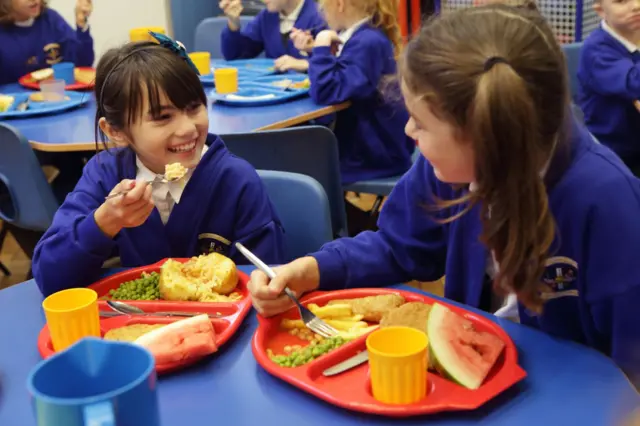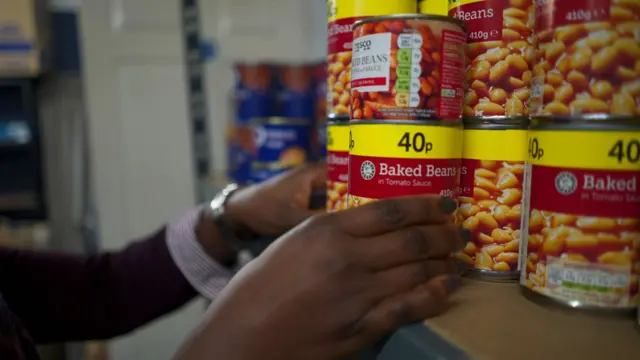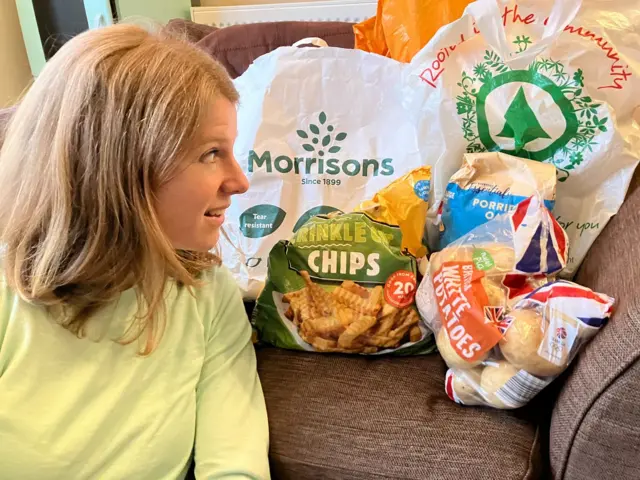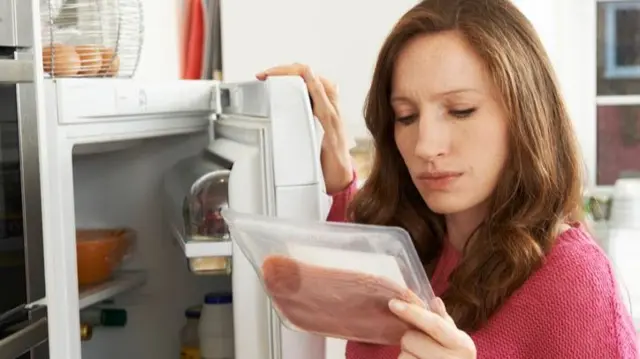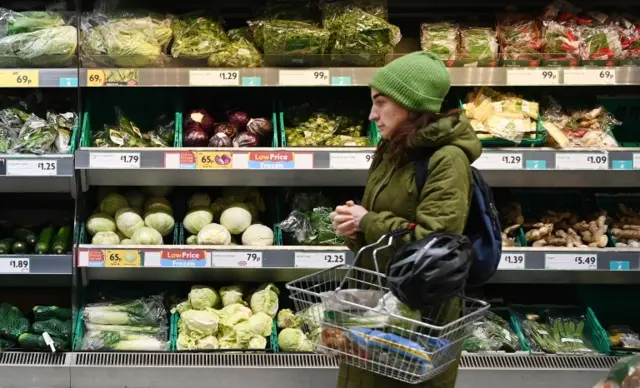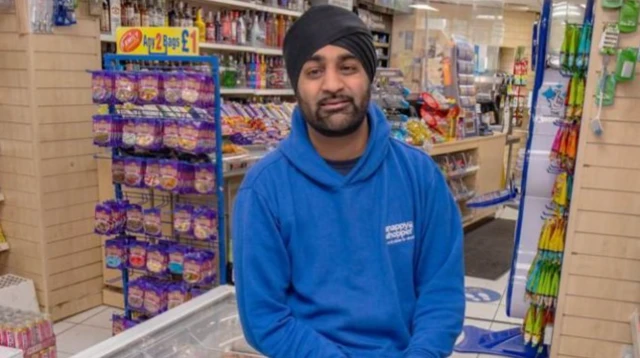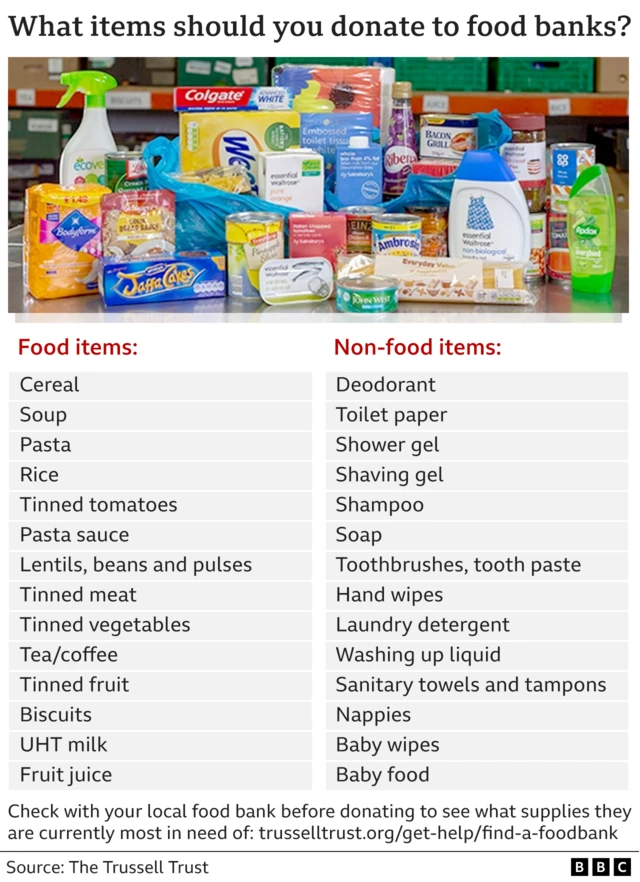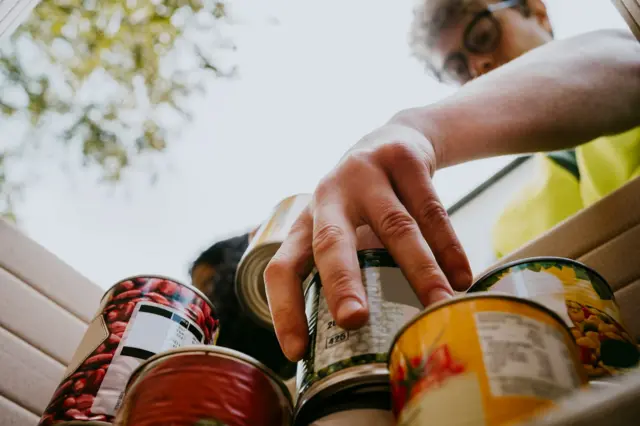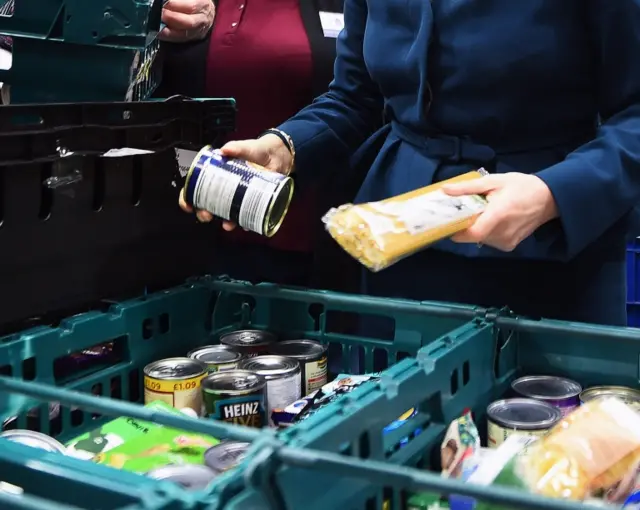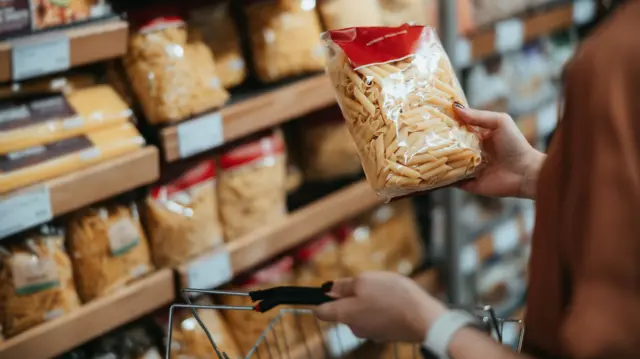Thanks for joining uspublished at 17:48 GMT 2 December 2022
We're closing our page shortly. Thanks for joining us today.
We've heard stories from across the country of people trying to cut costs and help others feed themselves well, while food prices rise at their fastest rate for 42 years.
We also reported on a hostel in north London that's been helping to tackle food poverty by using surplus ingredients to make hot meals for communities who need them most.
Food writer Justine Pattison gave us her wisdom on how to cut costs when shopping and cooking at home.
Among other things, Justine was asked whether we should consider switching off our fridges, as well as how to cater for a family with wide-ranging tastes, and the best ways to shop if you're catering for one.
We also heard your own tips for eating well on a budget - from adding a handful or red lentils to using bamboo steamers.
Today's page was edited by Deirdre Finnerty and Alexandra Fouché, with contributions from Jamie Moreland, Yazmina Garcia, Emma Lynch, Aoife Walsh, Marita Moloney and Kris Bramwell. They were helped by Jeremy Gahagan, James Harness, Jennifer McKiernan, Sarah Fowler, Tori Lindrea and James FitzGerald.



